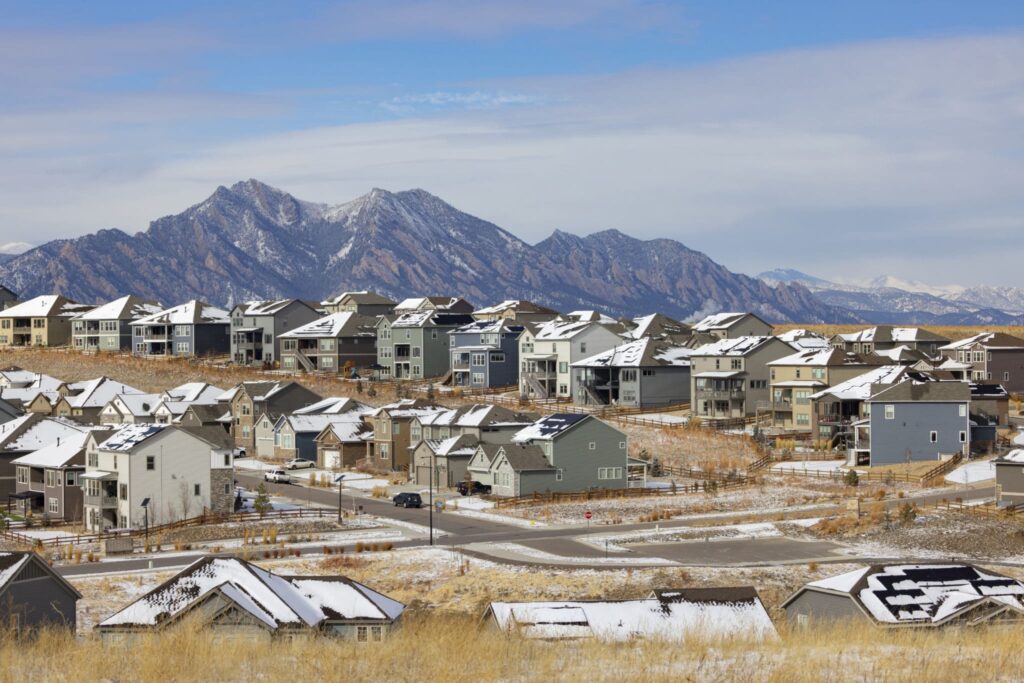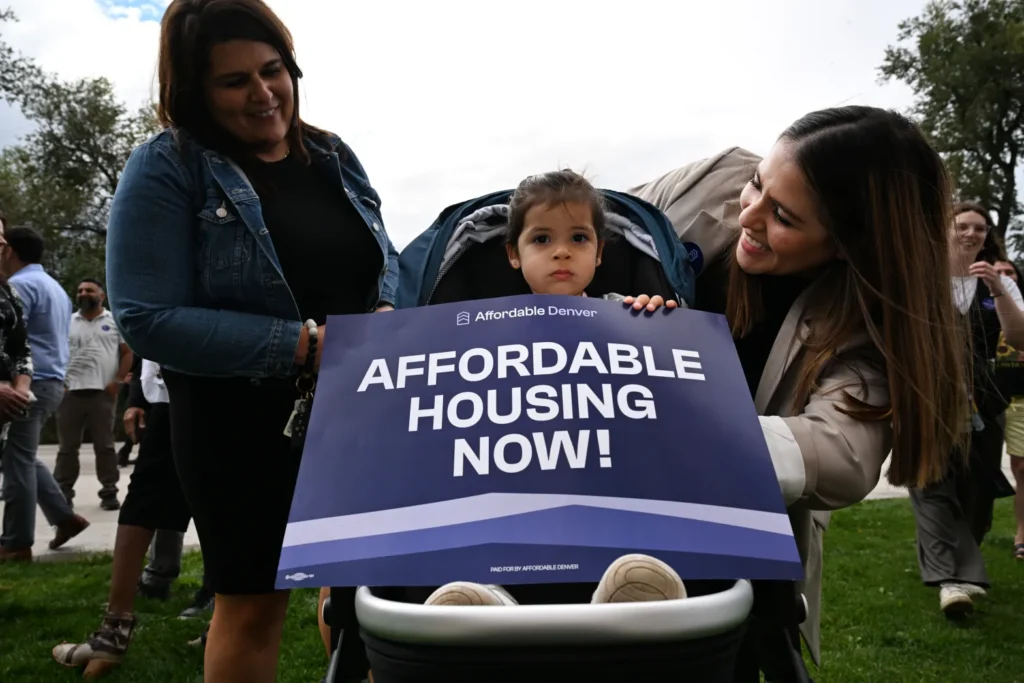
YIMBY Alliance Founder John Myers and Manhattan Institute State and Local Policy Director Michael Hendrix outline how localizing zoning decisions can help remove barriers to development and affordability.
When Sacramento proposed changing its zoning rules to allow four homes on land that had permitted just one, something remarkable happened: The reform passed city council, unanimously, with little of the outrage over new housing that’s long haunted California politics. The public comments were overwhelmingly supportive. Politicians lined up to praise the measure, which passed this January — even San Francisco Mayor London Breed, who presides over a city where such “fourplexes” are mostly illegal. Sacramento now joins other U.S. cities, including Portland and Minneapolis, that have legalized the construction of more homes in more places.
If ever there were a moment for pro-housing, “Yes In My Backyard” reforms that allow for the development of denser housing, it should be now. In many U.S. cities, housing costs have ballooned beyond the reach of millions of Americans, and evidence suggests that restrictions on where you can build are largely to blame. Local reforms like Sacramento’s are a growing trend, although so far, they remain relatively rare among cities with expensive housing markets.
Even in cities that have passed modest reforms, the politics of local planning often stand in the way of more ambitious change. We know what helps fight high housing prices: loosening minimum lot size requirements that don’t allow homes to be built on small tracts, for instance, or allowing backyard apartments and “missing middle” housing like duplexes and triplexes. The problem is not identifying reforms to allow more homes; it’s getting them passed at the city or state level. Without such reform, in local planning meetings across the U.S. where decisions about new developments get made, the voices of opponents are frequently the loudest and most influential. What passes for community participation in America is too often limited to a privileged few with the time and resources to attain an outsize influence on the workings of government. Read more here.




